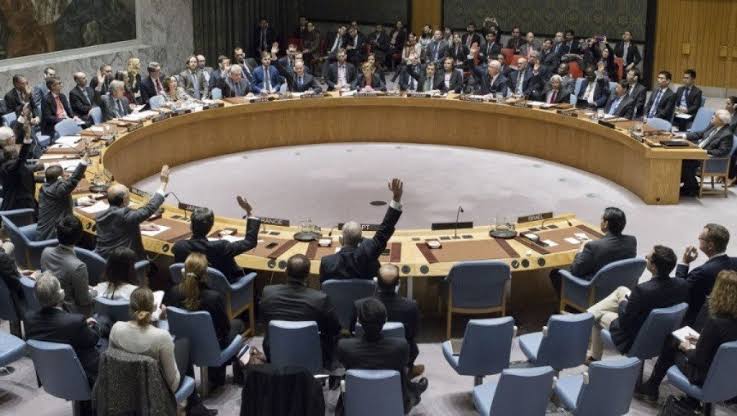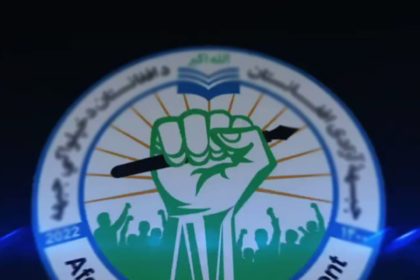RASC News Agency: The recent endorsement of a resolution on engagement with Afghanistan by the United Nations Security Council has drawn considerable attention. This unanimously approved resolution, gaining support from both permanent and non-permanent members, underscores the global commitment to addressing the complexities within Afghanistan. A pivotal element of the resolution is the designation of a new special representative to engage with the current Kabul regime. However, the Taliban group has expressed discontent, asserting non-consultation and deeming a new representative unnecessary.
Political analyst Wais Nasiri contends that the resolution’s approval signifies the world’s acknowledgment of Afghanistan’s challenges, reflecting specific demands articulated by the international community over the past two years. With 13 votes in favor and China and Russia abstaining, this outcome was influenced by reports submitted by Fereydon Sinirlioglu, the special envoy of the United Nations Secretary-General for Afghanistan affairs, and UNAMA in Afghanistan. Nasiri stresses the resolution’s clarity in demands and underscores the new representative’s role in facilitating Afghanistan’s integration into the international community.
Contrarily, political analyst Fazal Hadi Wazin holds a divergent perspective, anticipating the resolution to internationalize Afghanistan’s internal affairs and involve foreign entities in domestic debates, reminiscent of past occurrences. He argues that relying on foreigners to resolve Afghanistan’s internal challenges is an impractical solution.
Nevertheless, both analysts propose recommendations aimed at fostering a more inclusive and stable environment in Afghanistan, emphasizing the recognition and protection of every citizen’s rights through dialogue and constitutional amendments.






